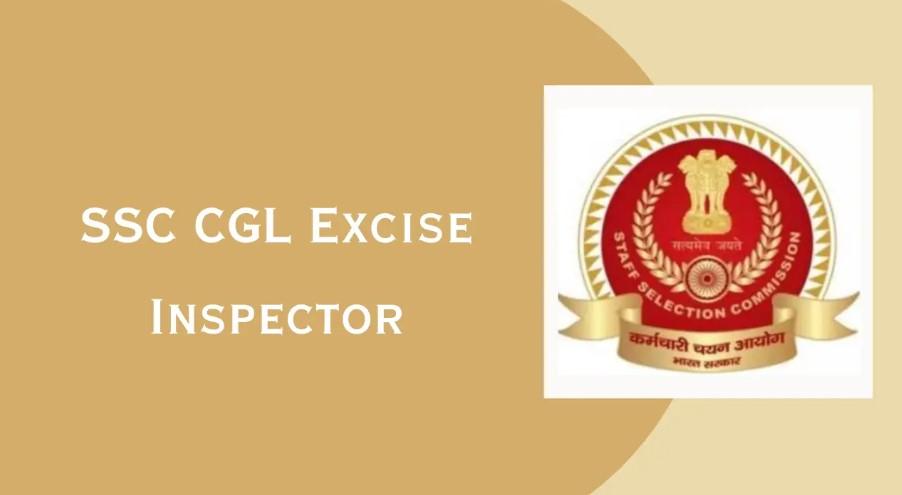Introduction
In a recent case, the Madras High Court allowed SRM Engineering Construction Company Limited to file a statutory appeal against a GST Assessment Order issued by the Assistant Commissioner (ST) (FAC), even though the appeal period had expired. The court found that the company was unable to monitor the GST portal due to a shortage of staff, and that this was a genuine reason for the delay in filing the appeal.

The court’s decision is significant because it shows that the courts are willing to consider the practical difficulties faced by taxpayers when deciding whether to condone delays in filing statutory appeals. It also sends a message to taxpayers that they should not hesitate to approach the High Court if they are unable to comply with the timelines prescribed by the GST Act due to genuine reasons.
Background
In the SRM Engineering case, the company was issued a GST Assessment Order by the Assistant Commissioner (ST) (FAC) on March 8, 2023. The company had 30 days to file a statutory appeal against the order, but it failed to do so. The company subsequently applied to the Appellate Commissioner for condonation of the delay in filing the appeal.

The Appellate Commissioner rejected the company’s application on the grounds that the company had failed to provide a reasonable explanation for the delay. The company then filed a petition with the Madras High Court, challenging the Appellate Commissioner’s order.
The High Court’s Decision
The Madras High Court allowed the company’s petition and directed the Appellate Commissioner to number the appeal and dispose of it on merits in its turn. The court found that the company had provided a genuine explanation for the delay in filing the appeal, and that the Appellate Commissioner had erred in rejecting the company’s application.
The court also noted that the GST Act is a benevolent law, and that the courts should be liberal in condoning delays in filing statutory appeals under the GST Act. The court observed that the purpose of the GST Act is to collect revenue for the government, and that this purpose is not defeated if a taxpayer is allowed to file a statutory appeal despite a delay.
Implications of the Judgment
The Madras High Court’s judgment in the SRM Engineering case is a significant development for taxpayers. It shows that the courts are willing to consider the practical difficulties faced by taxpayers when deciding whether to condone delays in filing statutory appeals under the GST Act. The judgment also sends a message to taxpayers that they should not hesitate to approach the High Court if they are unable to comply with the timelines prescribed by the GST Act due to genuine reasons.

Conclusion
The Madras High Court’s judgment in the SRM Engineering case is a welcome development for taxpayers. It shows that the courts are willing to take a reasonable approach when dealing with delays in filing statutory appeals under the GST Act. The judgment also sends a message to taxpayers that they should not hesitate to approach the High Court if they are unable to comply with the timelines prescribed by the GST Act due to genuine reasons.
Additional Information
The Madras High Court’s judgment in the SRM Engineering case is also relevant to other types of tax appeals. For example, the judgment could be applied to cases where taxpayers have missed the deadline for filing income tax appeals or customs appeals.
The judgment is also a reminder to taxpayers that they should always keep a close eye on their tax obligations and file their appeals on time. However, if a taxpayer is unable to file an appeal on time due to a genuine reason, they should not hesitate to approach the courts for relief.














